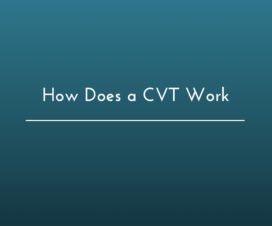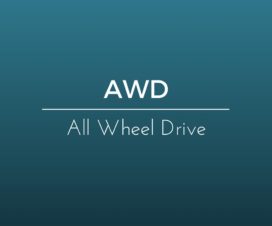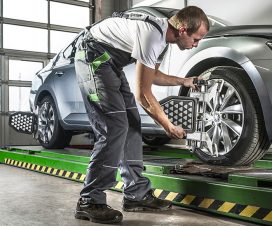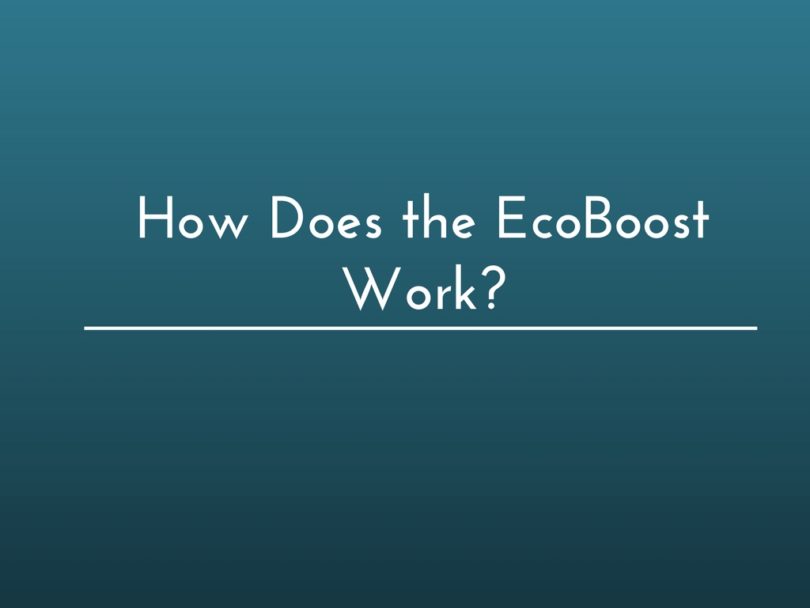 |
This is a question many people are asking themselves. EcoBoost is a technology patented by Ford for their turbocharged gasoline engines. Even though it may sound unusual, it really isn’t. This type of technology has been used for years by many manufacturers, including Ford, and it provides good efficiency as well as great amounts of power. However, it is not perfect, and we are going to dig a bit deeper.
EcoBoost – In Detail
As we said, the technology is only used with direct injected engines. This means the injector will spay fuel directly into the cylinder and not before the valves like in a port-injected engine. This comes with the advantages of providing better fuel efficiency and a cooler charge. However, it also means the valves are left alone meaning carbon deposits could arise if the engine is not driven properly. On top of the direct fuel injection system, these engines usually use variable valve timing as well. This is a rather new technology, but it has been used on most of Ford’s engines in the past few years. It allows the engine to remain at its peak efficiency for longer so it should mean better fuel efficiency and more power as well.
Turbocharging
All EcoBoost engines come with one or two turbochargers. These feed compressed air into the engine allowing it to burn more fuel with less emissions than otherwise. This system also provides a massive boost in power with the most powerful EcoBoost engines being able to provide as much as 650 horsepower.
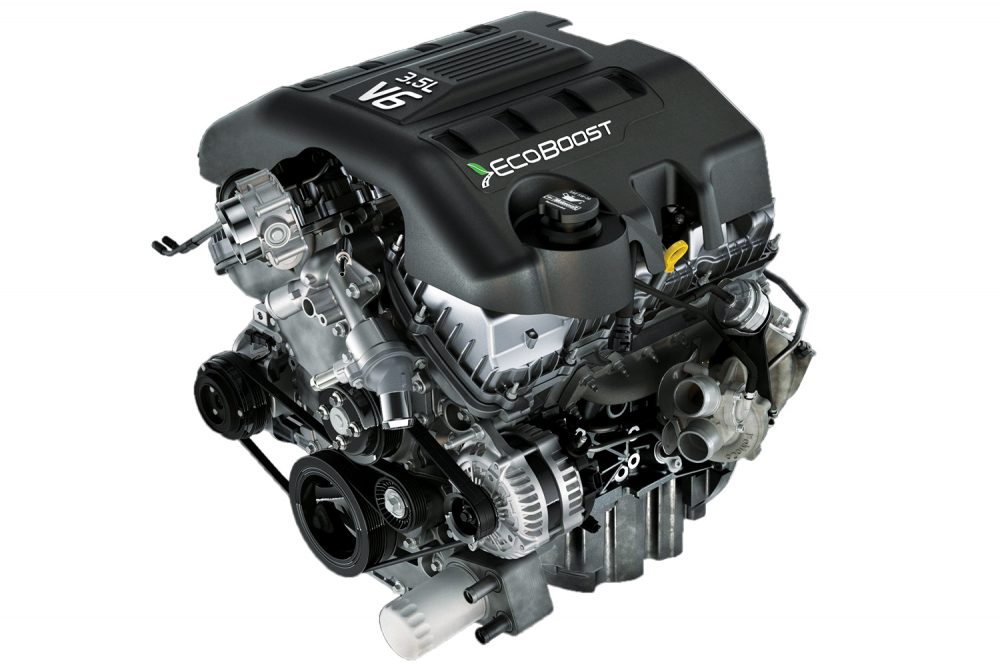
Ford EcoBoost EngineSource: onallcylinders.com
Is It Worth It?
Despite being quite new, this technology proved itself to be quite reliable and very capable, both in terms of efficiency and also power output. In fact, there are trucks equipped with EcoBoost engines going for more than 500,000 miles with no rebuilds which are a true statement as to how good they really are.
Is the Technology Perfect?
Unfortunately no. Even thought the EcoBoost engines are among the best in their class, there are a few drawbacks. For starters, they are quite expensive to manufacture and maintain. On top of that, they tend to run quite hot in comparison with a naturally aspirated or even with a turbocharged port-injected engine. While they are efficient when used at their optimum RPM, these EcoBoost engines are among the least efficient on the market when it comes to high-speed use. Some of them dip all the way down to less than 15 MPG on the highway which is mostly because the turbochargers offer full boost at low RPM and they do require a lot of fuel to mix with all that air.


